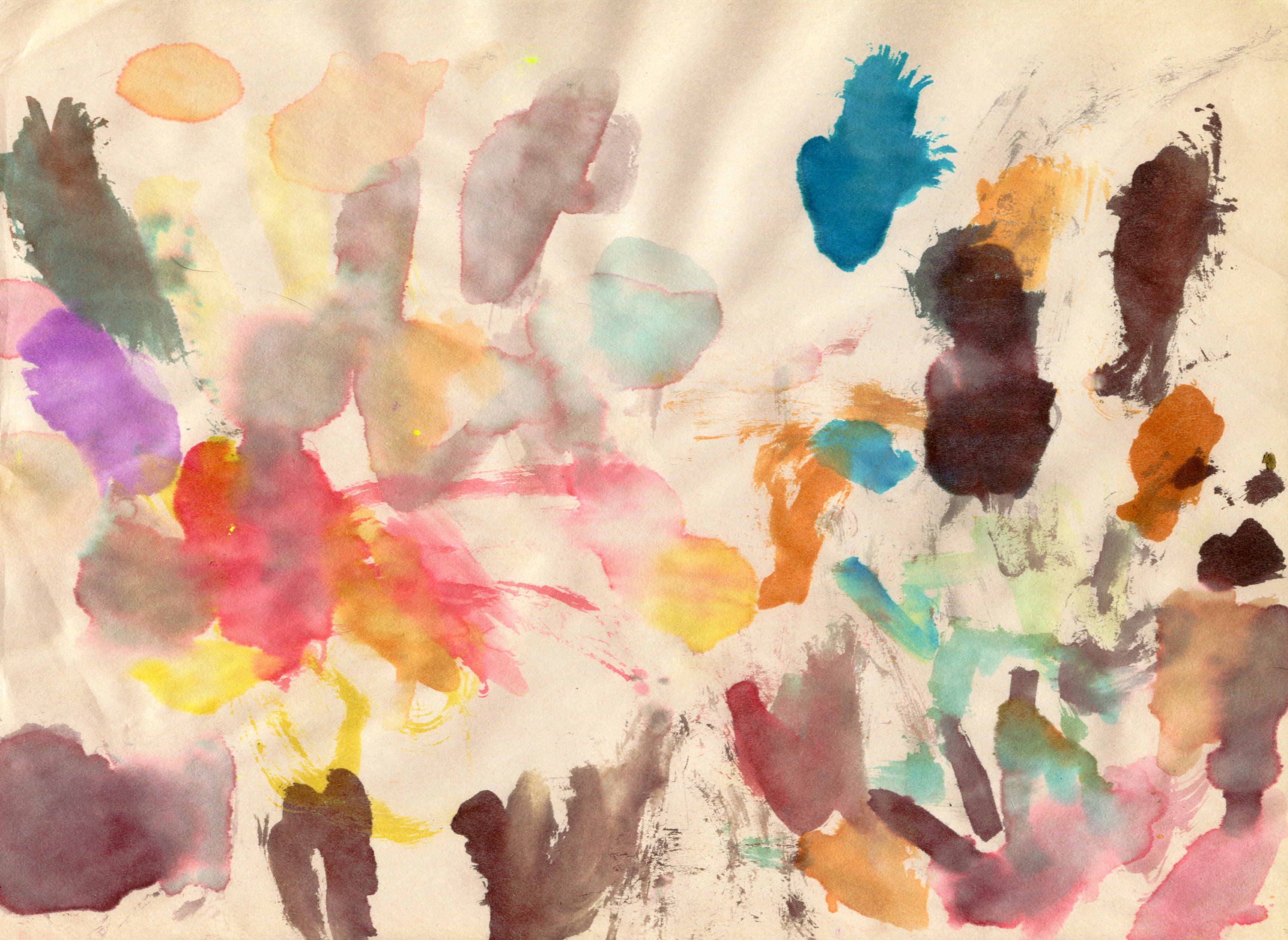Picasso once said, “Every child is an artist”, and I believe that to be true. I’ve watched my own kids explore creativity in numerous ways throughout their short lives.
It is a truly inspirational thing to watch as they color and imagine different worlds with ferocious passion and disregard. They show me drawing after drawing of wonderfully abstract things, and they imagine places that they, on occasion, even let me travel with them into. And in all their beautiful creativity, I’ve noticed something….
My children create less from reason and more from pure emotion. Why they drew the picture or what it means is an after thought to the simple act of creating it. The reasoning for them is what causes the conversations that they love having with me. They aren’t creating for the sake of approval, livelihood or even therapy. Their joy is found in something far less convoluted. “I just want to make something, dad,” my daughter says.
Somewhere in our adult lives, the reasoning of creativity seems to trump the emotion of creativity. We become consumed by technique, intellect or industry, and before we know it, the joy that first drew us to art is crowded out. While I fully believe in being excellent in our technique, learning about our art forms and working hard in our industry, there is a danger in the ability of those things to poison us. They can rob us of the permission we were given as children to just “make something”, or (even worse) begin to create a hierarchy of creativity in our lives where we predetermine the worth of something we make before we even begin to make it.
Allow me to make an honest confession in order to further illustrate the point. Sometimes, the creative block in my own life has less to do with my inability to make something, and more to do with my inability to make something that I could predetermine as profound enough, unique enough or good enough to let out of my office. I consider that pretty arrogant of myself.
As adults, we sometimes need to give ourselves permission to just make things. But in order to step into that position, we need to be ok with making some poor art and with laughing at ourselves, shucking the pressure of presenting only perfect products to the world. It doesn’t mean that we don’t need to work hard as adult artists, it simply means that we should concern ourselves less with the reason behind making things and more with actually making things. We have to be willing to learn from the process of creativity rather than just craving the approval that comes with presenting perfection.
Many of us got into making art because of the joy of it, but sometimes, in the artistic trenches, we discover we’ve become complacent in or captive to presenting things that make us feel smarter, deeper or more superior.
I hope that you’ll take this as permission to just make stuff. Don’t worry about the reason. Try letting that develop. Chase it. Dig for it in conversations, travels, landscapes and histories, and know that the greatest vulnerability of art is in accepting that you may never discover the reason.
My kids are ok with that.
